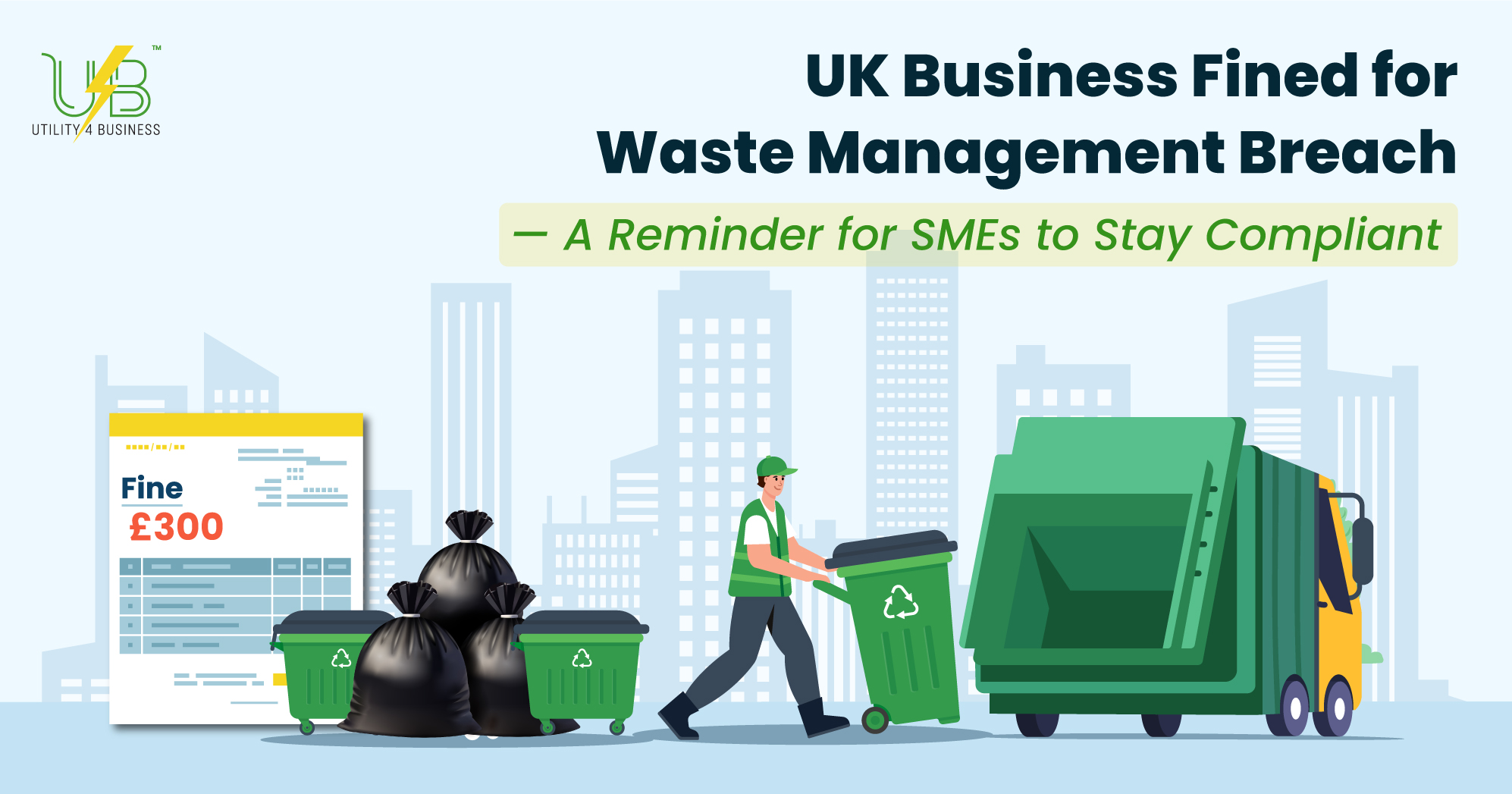Does the energy price cap apply to businesses?
Energy Price Cap: Business Reality

Have you ever stared at your business energy bill and thought, “Why don’t I get the same protection my friend’s household enjoys?” You’re not alone.
While families benefit from a government-set cap that limits how much suppliers can charge, companies—big and small—must fend for themselves. Understanding this difference can save you a nasty surprise at renewal time.
What Is the Energy Price Cap?
The energy price cap was launched in January 2019. Ofgem, the UK’s energy regulator, set this cap to protect domestic customers on standard variable and default tariffs. Each quarter, Ofgem reviews wholesale gas and electricity prices, network charges, environmental levies, and supplier operating costs. The cap then adjusts to reflect those changes, keeping household bills more stable when markets swing.
- Current Cap (April–June 2025): £1,849 per year for a typical dual-fuel household
- Purpose: Shield families from sharp spikes in wholesale energy costs
- Review Cycle: Quarterly updates, published months in advance
This mechanism ensures that, even if global energy markets surge, your domestic energy costs can’t shoot through the roof overnight.
Does the Energy Price Cap Apply to Businesses?
Ofgem’s energy price cap covers only domestic customers in England, Scotland and Wales. Northern Ireland follows separate regulations under its own regulator. Businesses of all sizes—from sole traders to multinational firms—fall outside this protection.
Why Businesses Are Excluded
- Bespoke Contracts: Companies negotiate bespoke deals with suppliers or brokers. Your energy usage pattern, payment terms and credit score all factor in. You can’t shoehorn a factory and a corner shop onto the same cap.
- Diverse Needs: A retailer’s morning-to-evening load profile differs wildly from a 24/7 data centre or a weekend-only hotel. A single cap can’t flex across those models.
- Market Principle: The government expects businesses to source competitive rates in a free market. Suppliers compete to win your custom, so the expectation is that you’ll shop around, compare quotes and negotiate.
Because of these complexities, businesses must secure their own contracts and remain alert to changing market conditions.
What Support Have Businesses Had?
During the height of the energy crisis in 2022–2024, the UK government introduced two temporary schemes to ease the pain for businesses:
- Energy Bill Relief Scheme (EBRS)
- Duration: October 2022 to March 2023
- Benefit: Wholesale discounts for eligible businesses on gas and electricity
- Energy Bills Discount Scheme (EBDS)
- Duration: April 2023 to March 2024
- Benefit: Fixed unit discounts are applied automatically to business energy costs
Neither scheme imposed a maximum price. Instead, they shaved pounds off the wholesale element of each unit you consumed. Once the schemes ended in March 2024, businesses lost that subsidy and returned to paying full market rates.
How These Schemes Differ from a Price Cap
- Price Cap (Domestic): Sets absolute limits on unit rates and standing charges, regardless of total use.
- EBRS/EBDS (Business): Applied a temporary discount on wholesale costs without capping total spend.
With both relief schemes now expired, businesses face the full force of market volatility.
Implications for Businesses
When the price cap doesn’t apply, it leaves companies open to a few key challenges:
1. Unpredictable Bills
Wholesale energy prices can swing dramatically. In 2024, for example, wholesale gas rates jumped sharply, causing some bills to spike by as much as 20–30% in one quarter. Recent research shows a typical small business now pays over £5,000 more annually for energy compared to pre-crisis levels, with average bills up 70% since 2020–21.
2. Hidden Costs and Mis-selling
The business energy market for SMES isn’t regulated in the same way as domestic. That lack of oversight has led to cases of hidden broker commissions and mis-sold contracts. Without clear transparency, many small firms ended up with poor rollover deals.
3. Indirect Effects of the Domestic Cap
Although businesses don’t benefit directly from the price cap, it still signals market trends. When Ofgem raises the cap, it often foreshadows higher wholesale costs that suppliers pass on in commercial contracts. If your contract is up for renewal around the same time, expect tougher negotiations.
4. Sector-Specific Risks
Energy-intensive industries—like manufacturing, hospitality and data hosting—feel the impact more acutely. Large, unpredictable bills can erode slim margins, forcing firms to absorb costs or pass them onto customers.
Strategies for Businesses to Manage Energy Costs
While you can’t rely on the domestic price cap, you can take control of your energy spend:
- Energy Efficiency Measures
- Replace old lighting with LEDS
- Improve insulation and seal drafts
- Install smart meters to track consumption in real time
- Fixed-Rate Contracts
- Lock in a competitive rate for 12–24 months
- Avoid exposure to sudden wholesale spikes
- Market Research & Negotiation
- Conduct a thorough business electricity comparison across multiple suppliers
- Gather at least three quotes, then negotiate on price and terms
- Consider working with a reputable energy broker who discloses their commission structure
- Renewable Energy Adoption
- Install on-site solar panels or battery storage
- Explore green tariffs or Power Purchase Agreements (PPAS)
- Offset some grid usage and hedge against price rises
- Budget Forecasting
- Use historical data to model likely best- and worst-case energy costs
- Build a contingency fund for unexpected price surges
By combining efficiency, fixed rates and proactive market engagement, you can stabilise your energy spend and protect your margins.
Conclusion & Call to Action
The UK energy price cap is a vital safety net for households, but it doesn’t extend to businesses. Without that protection, companies must navigate market volatility on their own. The good news? With the right mix of efficiency upgrades, fixed-rate contracts and a thorough business electricity comparison, you can take control of your energy costs and guard against surprises.
Ready to secure the best energy deal for your business? Contact Utility4Business today for a transparent comparison of UK business electricity suppliers. Our experts will help you negotiate competitive rates, optimise efficiency and build a resilient energy strategy that keeps costs predictable and your bottom line healthy. Reach out now and start saving.
Find This Article Helpful? Share It Now!
At Utility4Business, we offer top-notch customer support and business utility solutions for businesses across the UK. Consider sharing this article and helping others discover how our expertise can add value to their business success.

Read Our Latest Posts
Explore our latest blog posts and learn how Utility4Business can support your business growth with tailored utility solutions and services. Stay ahead of the curve with the latest information from industry experts and take advantage of our user-friendly comparison services to find the best business deals.


Get Connected
At Utility4Business, our team of experts can help you figure out the highest-value business utility deals that will help your business grow over time.


